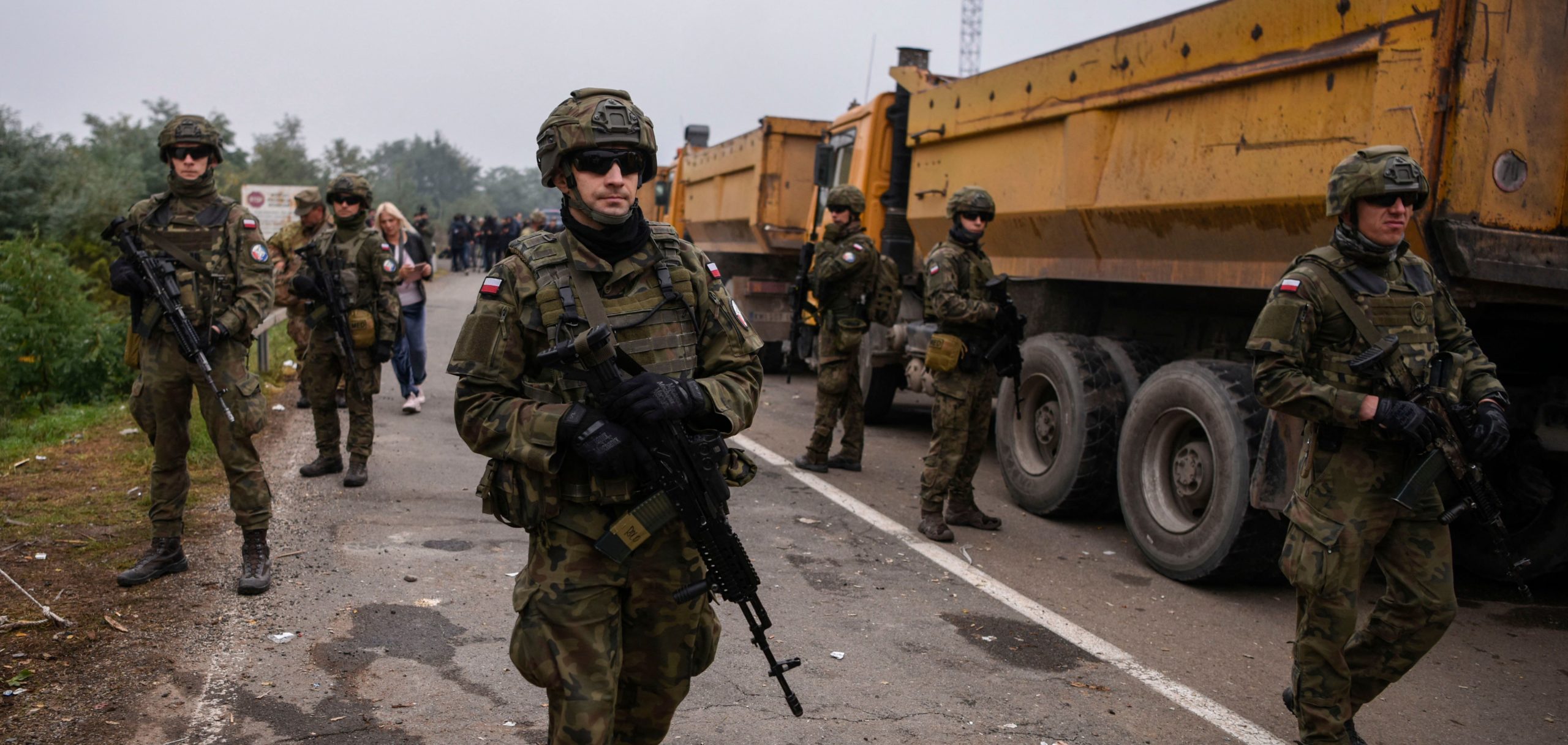Belgrade, Serbia
In a public address on 31 July, Serbian President Aleksandar Vučić warned that the “situation for our people in Kosovo and Metohija is incredibly complicated […] we have never been in a more complex and difficult situation than we are today”. Vučić went on to claim that Kosovo was trying to portray the current crisis as “big Putin has issued orders to little Putin [Vučić], and now little Zelenskyy [Albin Kurti, PM of Kosovo] must go and save someone and fight against the greater Serbian hegemonism”. Yet while the Serbian leader made a call for peace and asked everyone to stay calm, he concluded with the warning that if Kosovo did not want to “protect peace, I am telling you – Serbia will win”.
Vučić’s speech came in light of a decision by Kosovo authorities to implement two new policies from the 1st August 2022. The first policy dictated that ‘people in majority ethnic Serb areas [would have] to swap their Serbian-issued car number plates for Kosovar-issued ones.’ This issue may seem minor, but it has led to escalations in the past.
The second policy proposed by the Kosovar government, meanwhile, stated that anyone arriving from Serbia to Kosovo ‘would have their Serbia-issued documents exchanged for new entry-exit identification documents issued by Priština, valid for three months’. But according to Petar Petković, the Director of the Office for Kosovo and Metohija of the Government of Serbia, such a policy is unlawful — and cannot be applicable to the Serbs who live in Kosovo.
As the deadline for implementing the two policies approached, so too did the precarity of the situation in Kosovo. Late on 31st July, ethnic Serbs in the north blocked the roads, and some reported that ‘armed men fired shots in protest’. Concerned that the situation might escalate, KFOR, NATO forces based in Kosovo, declared a readiness to intervene if stability in Kosovo was threatened.
But following consultations with EU and US representatives, the Kosovo authorities pledged to postpone the implementation of the two decisions. But now the clock is ticking, with Belgrade and Priština given 30 days to reach an agreement.
In the context of the Ukraine war, these are significant developments. After all, it was the Russian President who used the example of Kosovo to justify his actions in the Donbas region. More specifically, he suggested that in the same way Kosovo unilaterally declared independence without seeking Belgrade’s permission, Donbas is also allowed to declare independence without seeking Kyiv’s approval.
Both Russia and (perhaps, surprisingly) Ukraine do not recognise Kosovo’s independence. But it is Russia who has actively sided with Serbia. Just last night, the Ministry of Foreign Affairs of Russia stated that the two policies proposed by Kosovo were another attempt to expel the Serbian population from Kosovo. More troubling, however, was a Serbian MP, Vladimir Djukanović, who warned that Serbia may be “forced” to begin the “denazification of the Balkans”.
This conundrum is a challenge for the EU, which must seek adequate solutions for three crucial reasons. First, as the key mediator in the Belgrade-Priština negotiations, it cannot afford to fail, as that would raise issues of the EU’s credibility as a mediator. Second, Serbia is currently in talks to join the bloc, and any escalation in the region would raise thorny questions regarding Serbia’s accession to the EU. Finally, any destabilisation in the region would be challenging for the EU, if for no other reason than its geographical proximity.
So far, the peace has been maintained, but if no long-term solution is found by the end of the month, that may not last for long.










Join the discussion
Join like minded readers that support our journalism by becoming a paid subscriber
To join the discussion in the comments, become a paid subscriber.
Join like minded readers that support our journalism, read unlimited articles and enjoy other subscriber-only benefits.
Subscribe